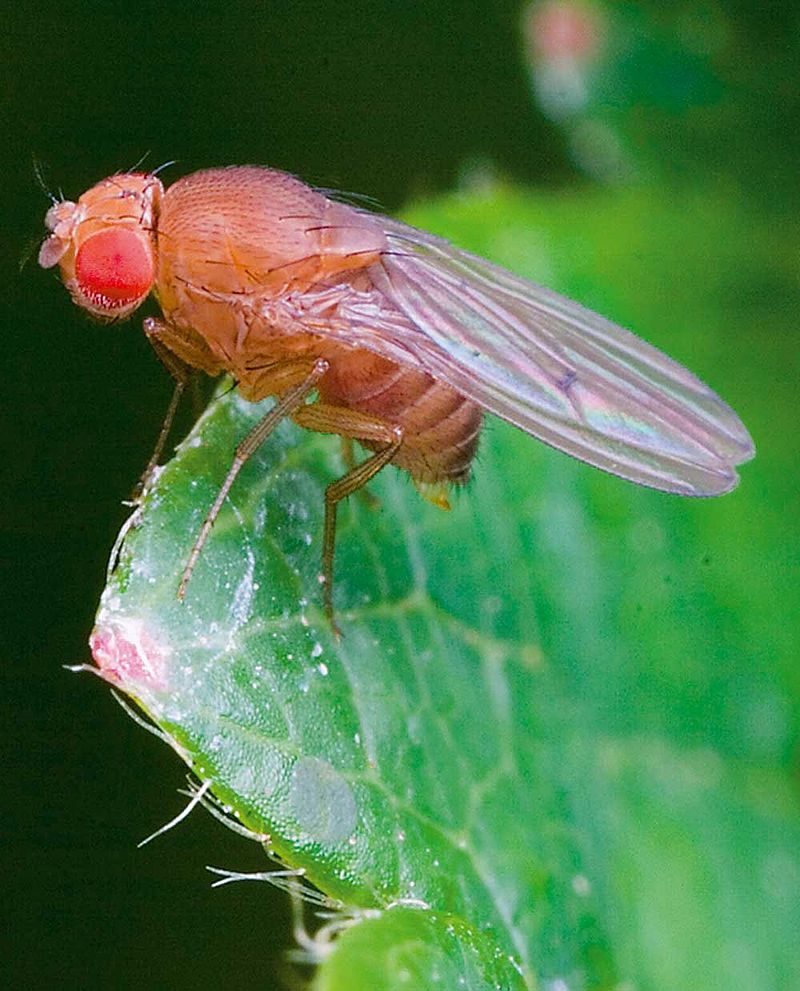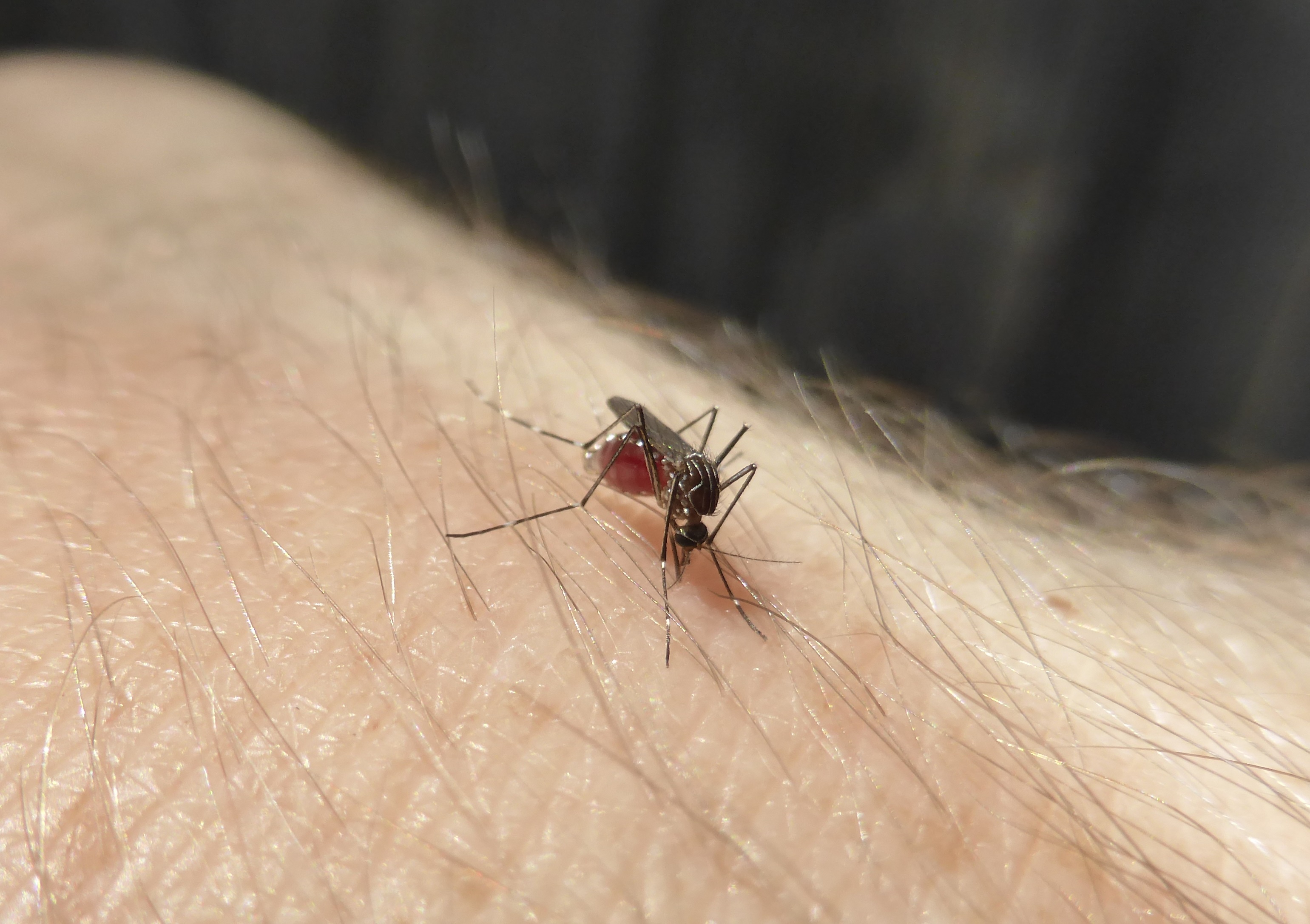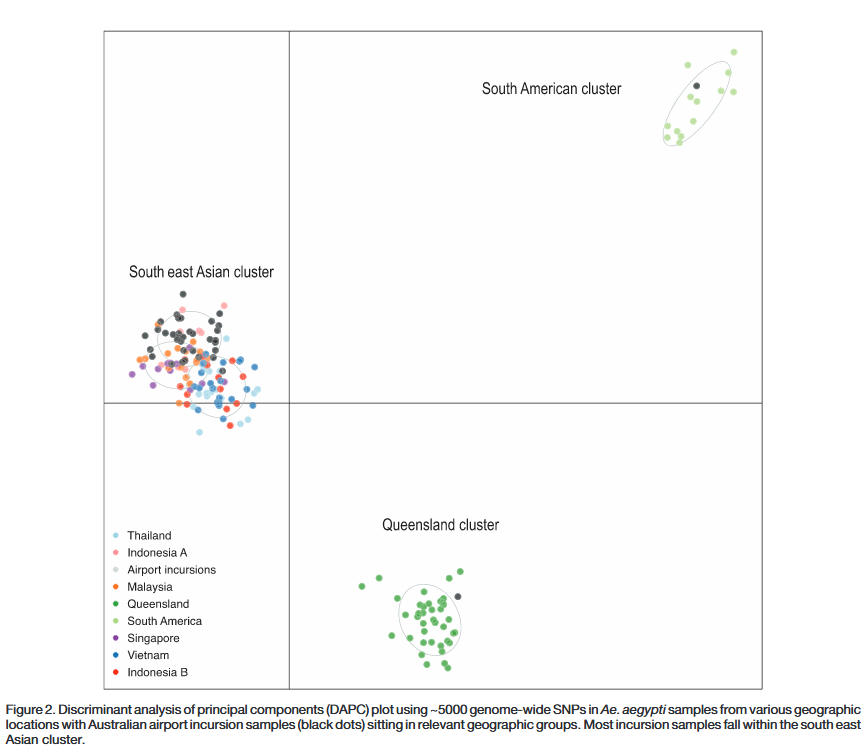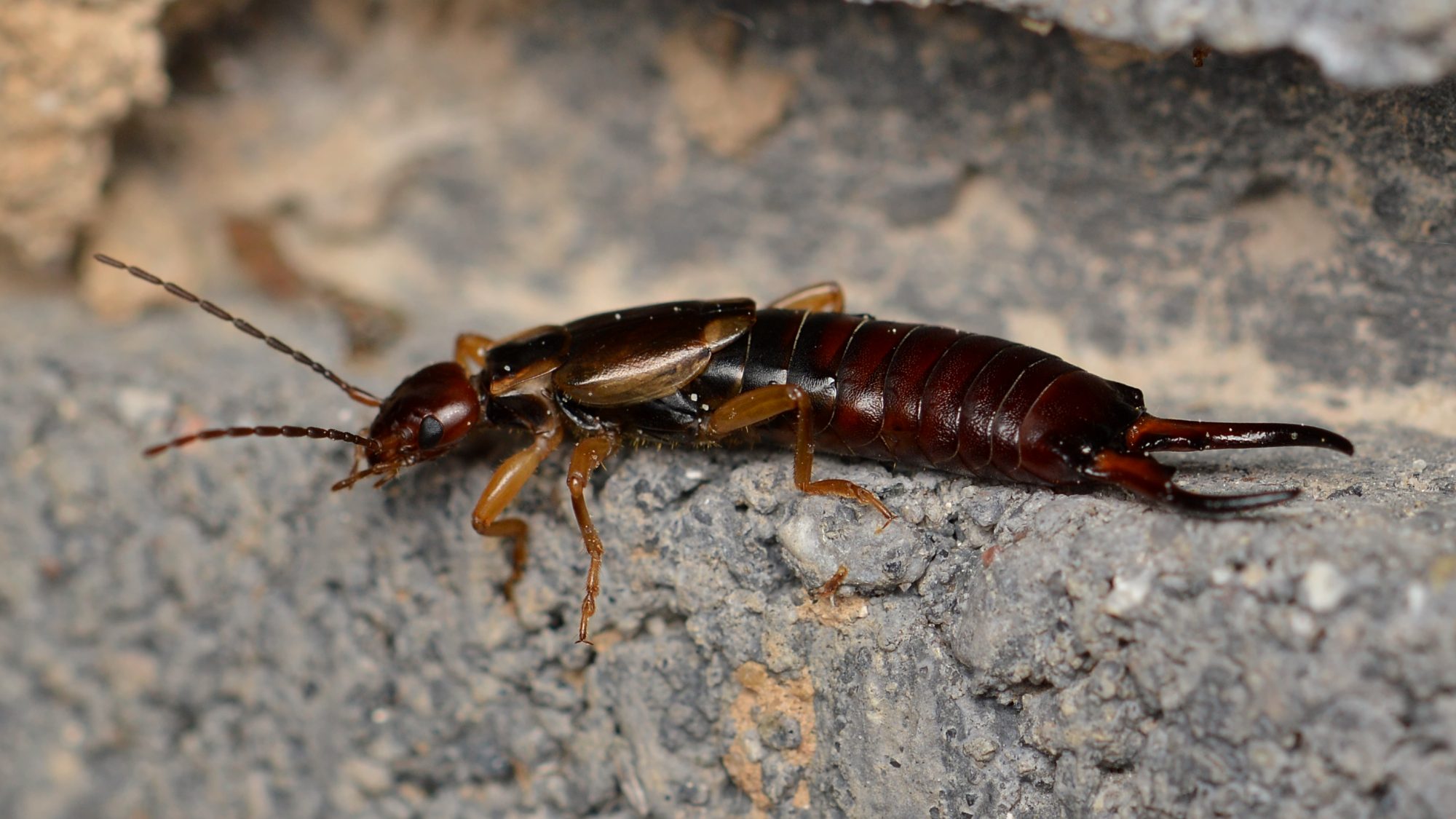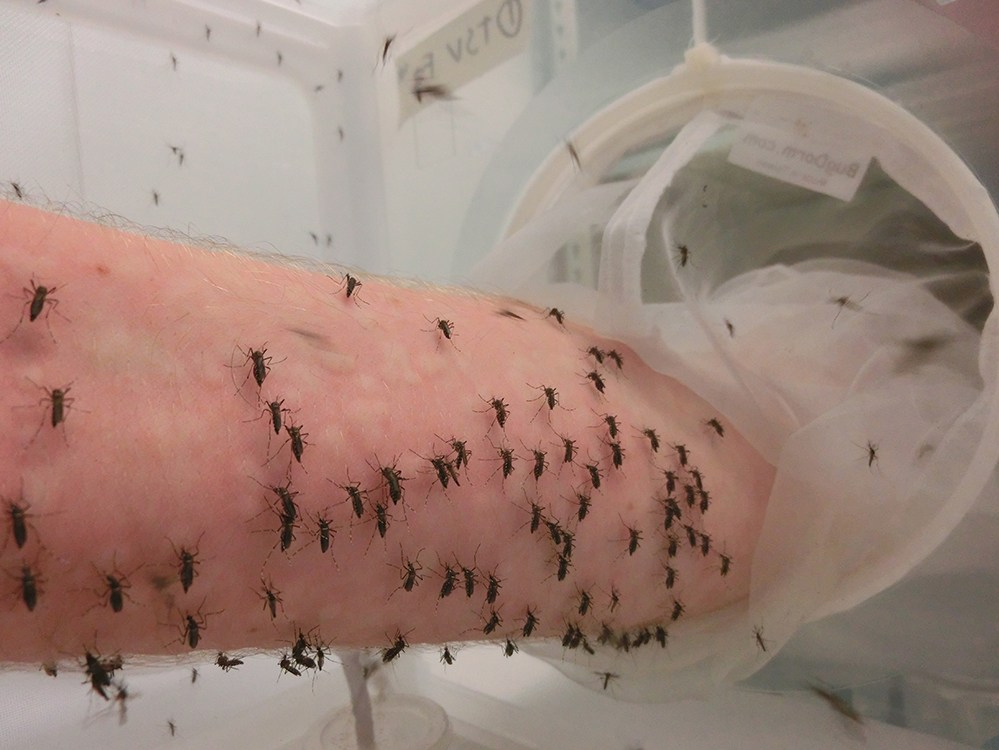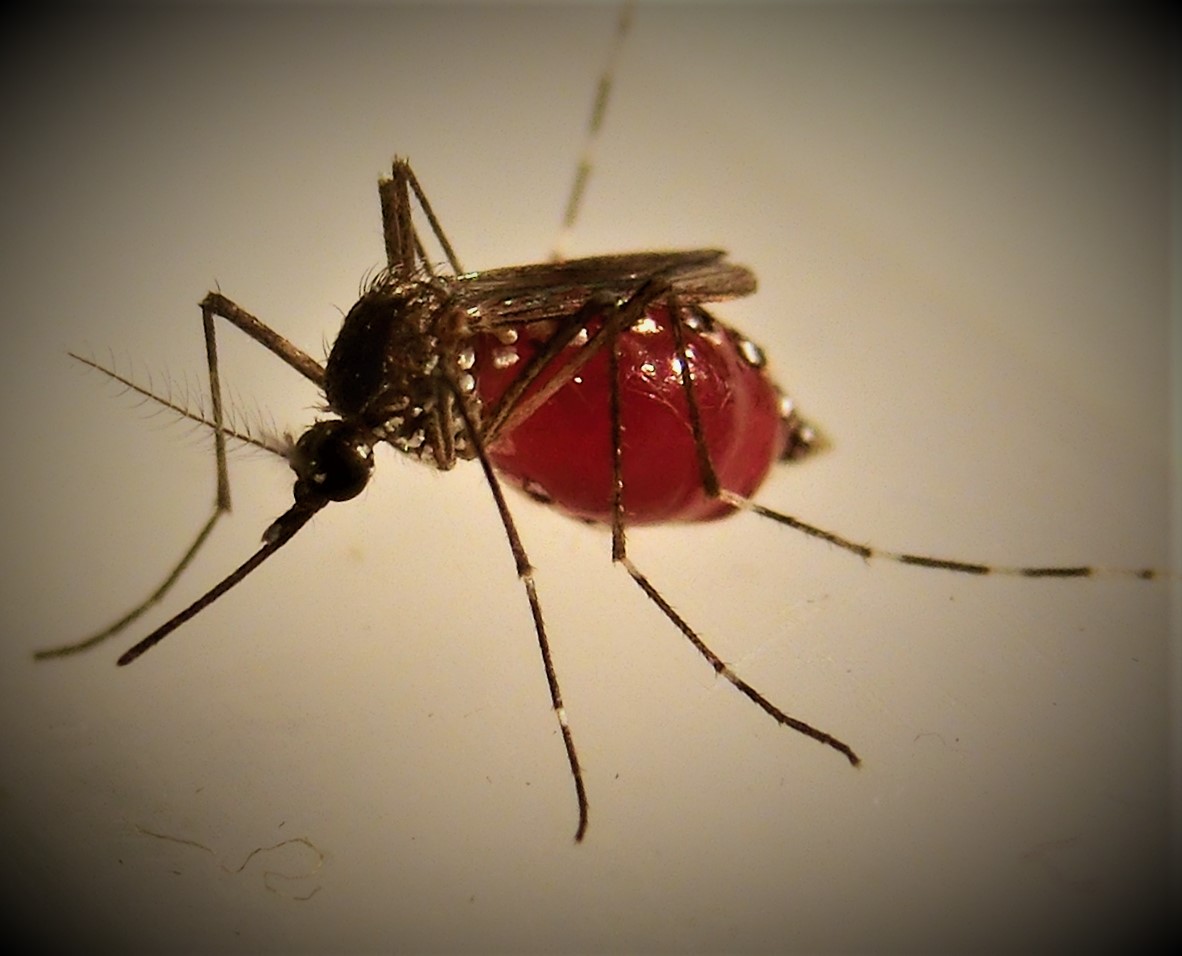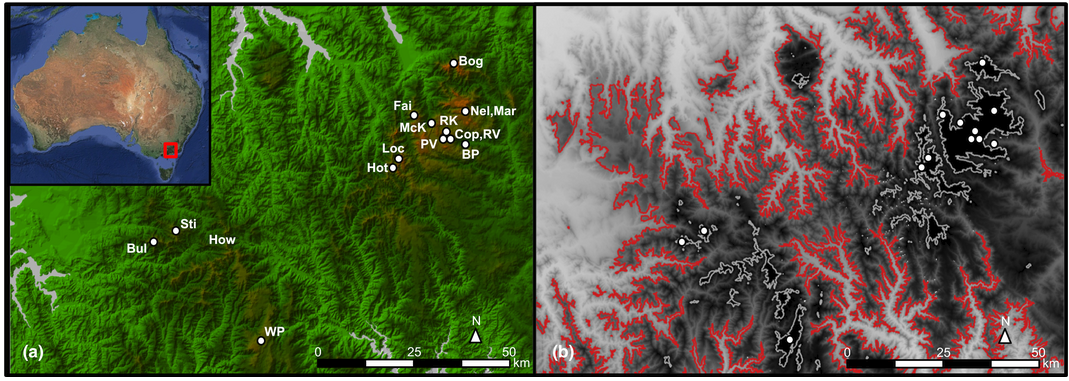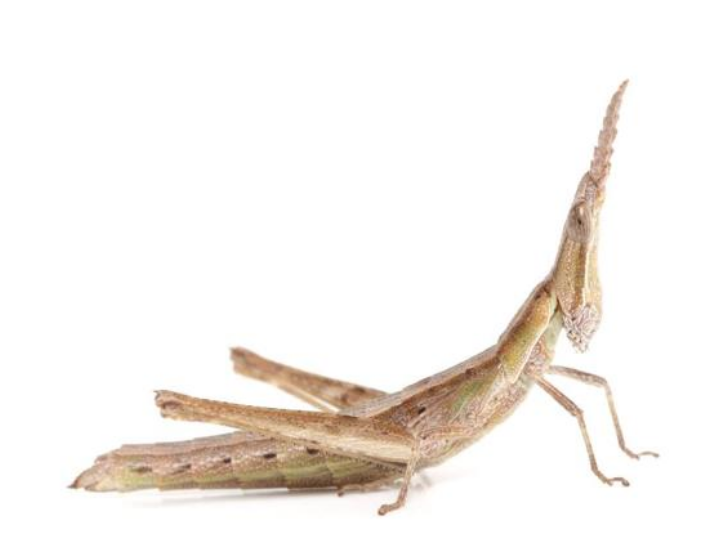Words: Perran Ross Cover photo: Andrew Weeks Wolbachia are perhaps the most prevalent bacterial symbionts on earth. Of the millions of insect species, Wolbachia are estimated to infect up to half of them. These bacteria are renowned for the effects they exert on their hosts, which can often be quite dramatic. Some Wolbachia strains are […]
Words and images: Perran Ross Cover photo: Jason Axford Dengue is a major global health issue. It infects millions of people every year and can cause debilitating illness, inflicting joint pain, rash and fever. Without any effective vaccine, the best way to prevent dengue is to target the mosquitoes that transmit it. Dengue is spread […]
Nancy, Andrew and Ary have a fresh review article in CSIRO’s ‘Microbiology Australia’ journal. Below is the abstract, for the full text please follow this link. Mosquito-borne arboviruses are increasing in incidence around the world. Australia enjoys some protection from pests and diseases afforded by its geographic isolation coupled with strict biosecurity control at its […]
Written by Oliver Stuart, Image credit: Ryan Hodnett [CC BY-SA 4.0 (https://creativecommons.org/licenses/by-sa/4.0)], from Wikimedia Commons There are a lot of different insects; this cannot be overstated. Of the roughly 2 million animal species (that we know of), insects make up well over half. This mega-diversity has been a source of delight for biologists for centuries, […]
Progress! For those unfamiliar, the Flora and Fauna Guarantee Act 1988 is “the key piece of Victorian legislation for the conservation of threatened species and communities and for the management of potentially threatening processes.“, you can find more information onthe act and it’s significance for protecting threatened species in Victoria at the DELWP website. You […]
Perran and Ary’s lab adaptation review paper is fresh off the press and immediately generating interest. Follow the link below to Entomology Today to read all about it. Study Shows Rapid Evolution in Lab-Reared Insects
Words: Ellen Cottingham Image: Perran Ross Most Australians have sat outside on a summers evening only to return inside to find their legs and arms dotted with fresh itchy mozzie bites. It is not widely known that only female mosquitoes bite warm blooded animals or humans. The reason for this is that females use protein […]
Climate contributes to the evolution of pesticide resistance | James Maino, Paul Umina, Ary Hoffmann Abstract The evolution of pesticide resistance through space and time is of great economic significance to modern agricultural production systems, and consequently, is often well documented. It can thus be used to dissect the evolutionary and ecological processes […]
Mike Kearney was interviewed on The ABC’s Victorian Country hour on Friday. Link below, interview begins 38:40. Victorian Country Hour for Friday 16th February 2018
Ary was interviewed on ABC Radio Melbourne on yesterdays afternoon program with Richelle Hunt. Great to see some public interest in the conservation of an invertebrate! Link
